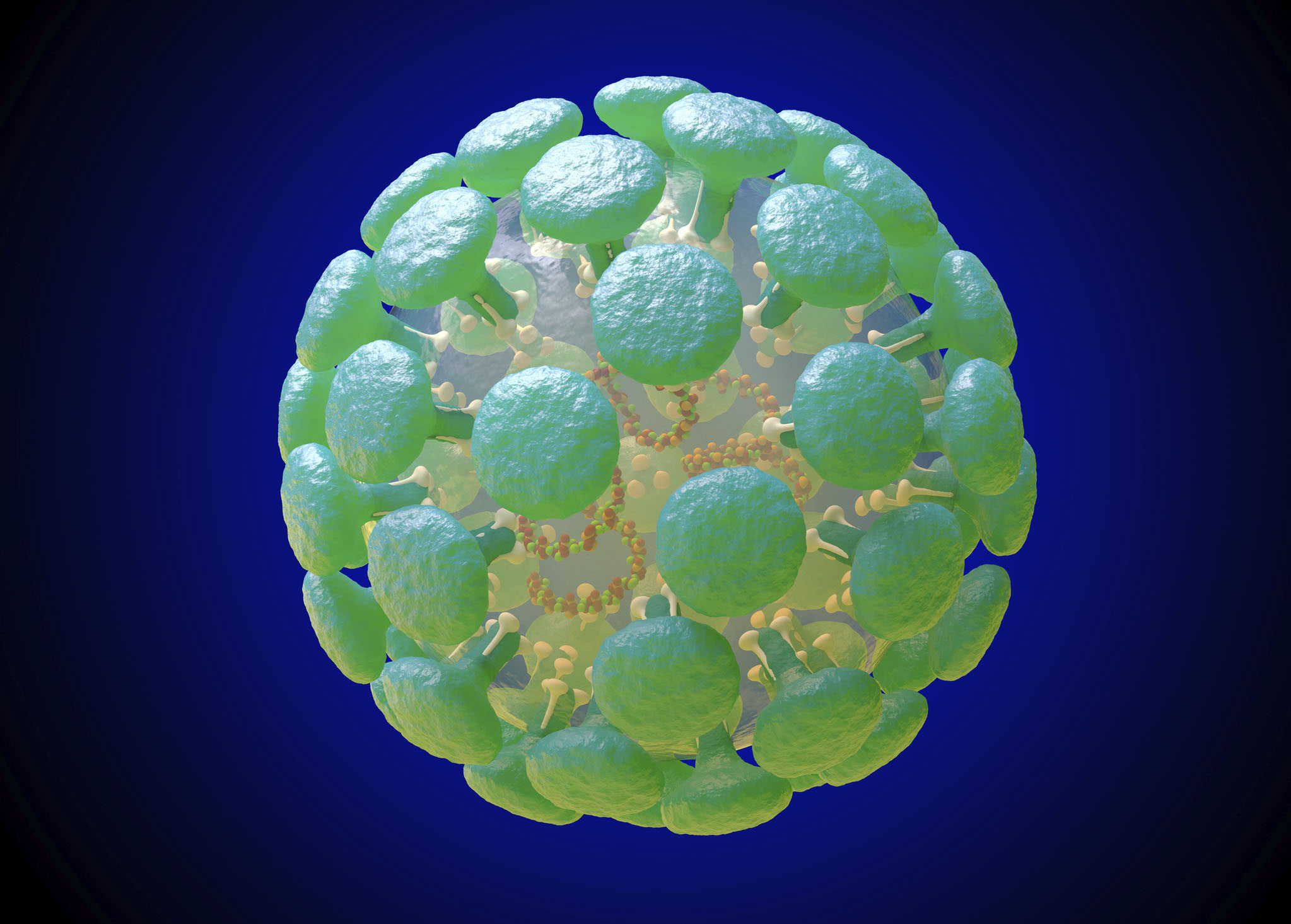There are a host of clinical trials underway for new ways to tackle COVID-19.
This rush for new promising therapeutics and treatments led Dr. Aakash Desai, a current internal medicine resident at University of Connecticut School of Medicine, to evaluate the current clinical trial landscape in COVID-19 treatments. Desai conducted the assessment review in collaboration with Dr. Bishal Gyawali at Queens University.

The research team studied the current Randomized Clinical Trials (RCTs) and evaluated their primary endpoints to determine whether they matter to patients and their families. The study, published in The Lancet’s EClinicalMedicine, concluded that of the forty-nine RCTs (phase III) evaluated for COVID-19 only 2.0% of trials had overall or all-cause mortality as a primary endpoint with most clinical trials (42.9%) using improvement in clinical condition on an ordinal scale as an endpoint.
“When lives are at stake, the trials should literally measure if lives can be saved; any other endpoint would be like a straw in the river – a society drowning in a pandemic may clutch at it with optimism, but would nevertheless not be rescued,” writes Desai, of UConn’s Department of Medicine’s residency program. He will be pursuing a hematology oncology fellowship at the Mayo Clinic later this year.
Other RCTs endpoints included viral clearance (6.1%) and clinical remission or stability (4.0%).
In addition, the most commonly assessed drugs in the intervention arms were hydroxychloroquine (38.7%), azithromycin (14.3%), remdesivir (10.2%), steroids (8.2%), sarilumab and lopinavir-ritonavir (6.1%), and tocilizumab (4.0%).
“For most drugs, even after the trial is complete there would continue to be uncertainty in the beneficial effects of the drug due to the use of an endpoint that does not reflect clinical benefit,” stresses Desai.
Desai adds: “Indeed, being misled by a therapeutic that actually does not improve clinical outcomes can cost significant lives and money during a pandemic.”
Source: Endpoints used in phase III randomized controlled trials of treatment options for COVID-19, A. Desai, B. Gyawali, EClinicalMedicine: https://doi.org/10.1016/j.eclinm.2020.100403



